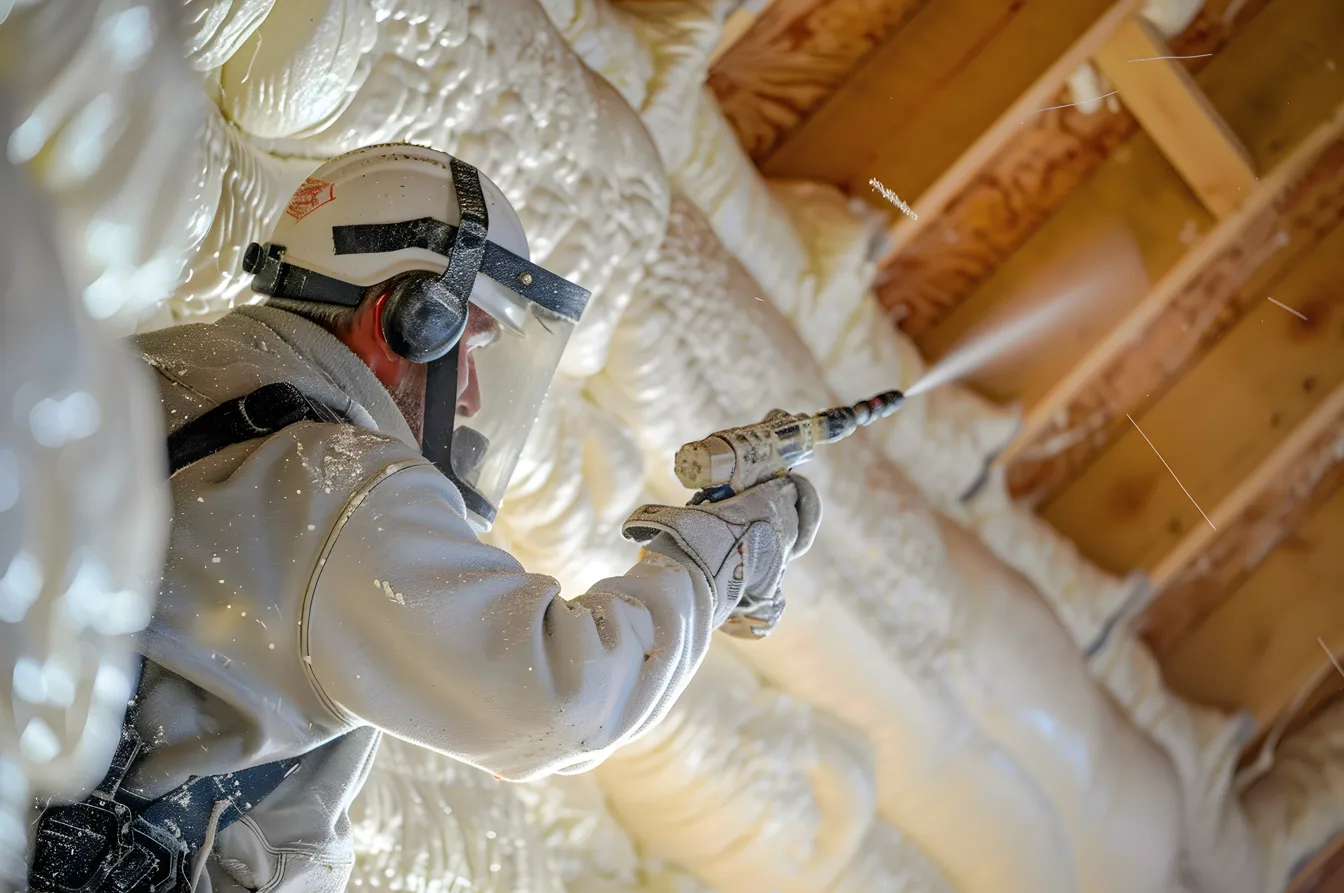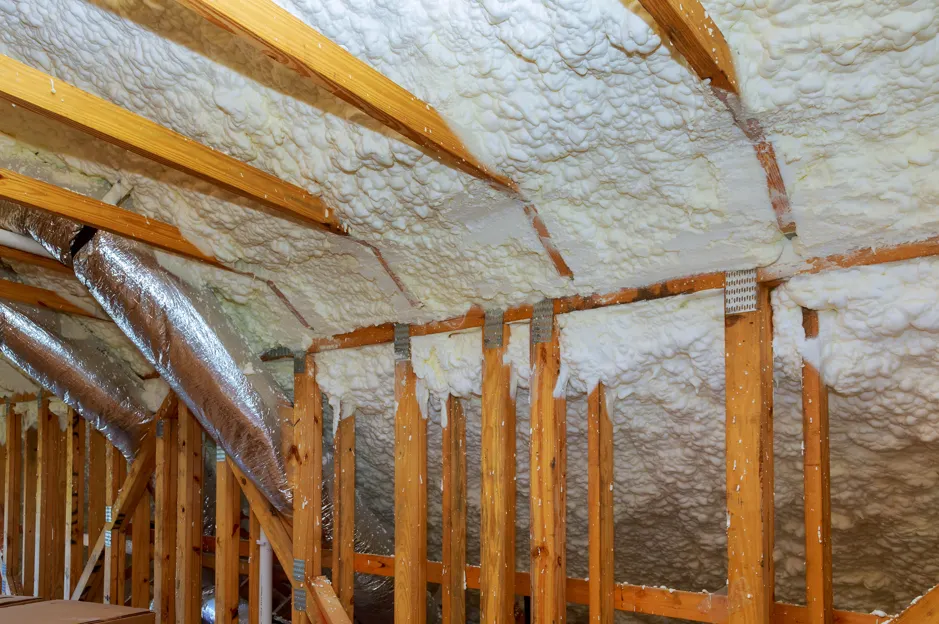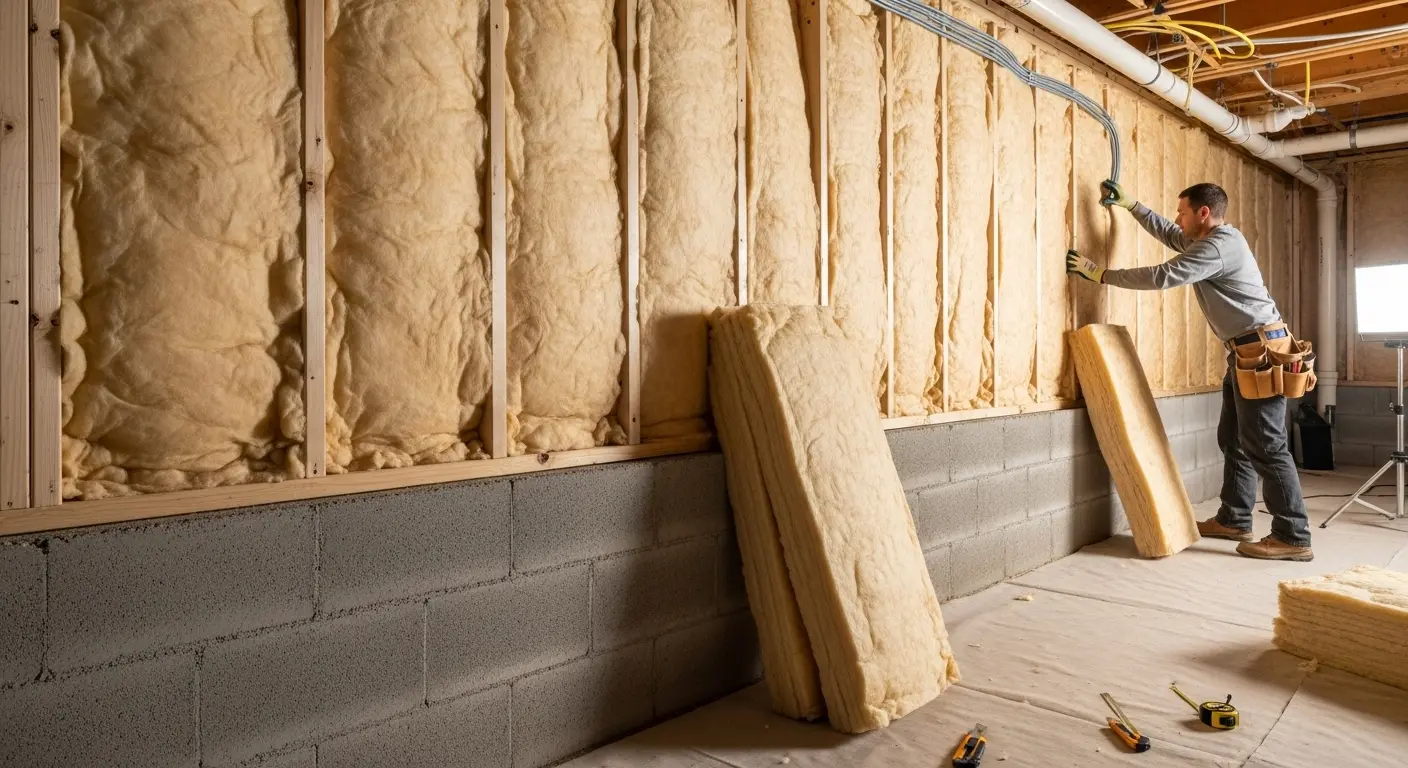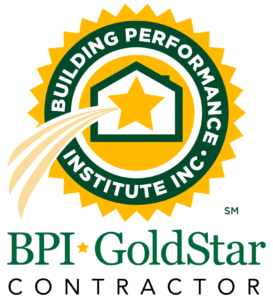Spray foam insulation in NYC has become an increasingly popular choice for homeowners and contractors due to its excellent insulating properties, energy efficiency, and durability. However, with different types of spray foam insulation available in the market, choosing the best option for your specific needs can be overwhelming.
This comprehensive guide will explore the different types of spray foam insulation, their benefits, drawbacks, and applications to help you make an informed decision.
Types of Spray Foam Insulation
Basically, there are 2 types of spray foam insulations:
- Open-cell spray foam insulation
- Closed-cell spray foam insulation
Let’s discuss them in detail for better understanding
Open-Cell Spray Foam Insulation
Open-cell spray foam is a lightweight, flexible insulation material with a lower density than closed-cell foam. It is characterized by its soft and spongy texture due to the presence of open cells that allow air to fill the spaces within the foam.
Benefits of Open-Cell Spray Foam:
- Cost-Effective: Open-cell spray foam is more affordable than closed-cell foam, making it a budget-friendly option for insulation projects.
- Excellent Soundproofing: The open-cell structure effectively absorbs sound, reducing noise transmission between rooms and floors.
- Vapor Permeability: Open-cell foam allows moisture to pass through, reducing the risk of condensation and mold growth in certain climates.
- Expansion Capability: It expands significantly upon application, filling even the smallest gaps and crevices providing an airtight seal.
Drawbacks of Open-Cell Spray Foam:
- Lower R-Value: Open-cell foam has an R-value of approximately 3.5 per inch, which is lower than closed-cell foam, meaning it provides less thermal resistance.
- Moisture Absorption: While it allows moisture to pass through, open-cell foam can absorb water, potentially leading to issues in damp environments.
- Not Suitable for Outdoor Use: Open-cell foam lacks the rigidity and water resistance needed for exterior applications.
Best Applications for Open-Cell Spray Foam:
- Interior walls and ceilings for soundproofing.
- Attics and roof decks to provide air sealing and moderate insulation.
- Conditioned spaces where vapor permeability is beneficial.
Read More: How Spray Foam Insulation Helps Improve Indoor Air Quality
Closed-Cell Spray Foam Insulation
Closed-cell spray foam is a denser, more rigid insulation material with a compact cell structure that prevents air and moisture from passing through. It provides superior insulation and structural support compared to open-cell foam.
Benefits of Closed-Cell Spray Foam:
- High R-Value: Closed-cell foam has an R-value of approximately 6.5-7 per inch, providing superior thermal insulation compared to open-cell foam.
- Water Resistance: The closed-cell structure makes it impermeable to water, preventing moisture infiltration and reducing the risk of mold growth.
- Structural Reinforcement: Due to its rigidity, closed-cell foam adds strength to walls and ceilings, enhancing the overall structural integrity of a building.
- Energy Efficiency: The high insulating value helps reduce energy costs by preventing heat loss in winter and heat gain in summer.
Drawbacks of Closed-Cell Spray Foam:
- Higher Cost: Closed-cell spray foam is more expensive than open-cell foam due to its higher density and superior insulation properties.
- Less Flexibility: Unlike open-cell foam, closed-cell foam is rigid and does not expand as much, making it less effective at filling irregular gaps.
- Environmental Impact: Some closed-cell spray foams contain high global warming potential (GWP) blowing agents, although newer formulations use eco-friendly alternatives.
Best Applications for Closed-Cell Spray Foam:
- Exterior walls and roofing for superior insulation and weather resistance.
- Crawl spaces and basements where moisture resistance is crucial.
- Industrial and commercial buildings require high structural strength.
Which Type of Spray Foam Insulation is Best?
The best type of spray foam insulation depends on your specific needs, budget, and application. Here are some scenarios to help you decide:
- For Budget-Conscious Homeowners: Open-cell spray foam is a more affordable option that provides good insulation and soundproofing for interior applications.
- For Maximum Energy Efficiency: Closed-cell spray foam offers the highest R-value per inch, making it ideal for reducing heating and cooling costs.
- For Moisture-Prone Areas: Closed-cell spray foam is the best choice for basements, crawl spaces, and exterior applications due to its water-resistant properties.
- For Soundproofing: Open-cell spray foam is better at absorbing sound, making it the preferred choice for walls and ceilings in homes and offices.
- For Structural Reinforcement: Closed-cell spray foam adds durability and strength, making it ideal for commercial and industrial buildings.
Contact Foam Masters USA for Spray Foam Insulation NYC
For top-quality spray foam insulation in NYC, contact Foam Masters USA today! Whether you need insulation for residential, commercial, or industrial properties, we provide energy-efficient solutions that help lower utility costs and enhance comfort. Our expert team specializes in open-cell and closed-cell spray foam applications, ensuring superior thermal protection and air sealing.
We are committed to using high-quality materials and the best techniques to maximize insulation performance. Serving all five boroughs, we guarantee professional service and customer satisfaction. Call us now to get a free consultation and transform your space with premium insulation solutions!







